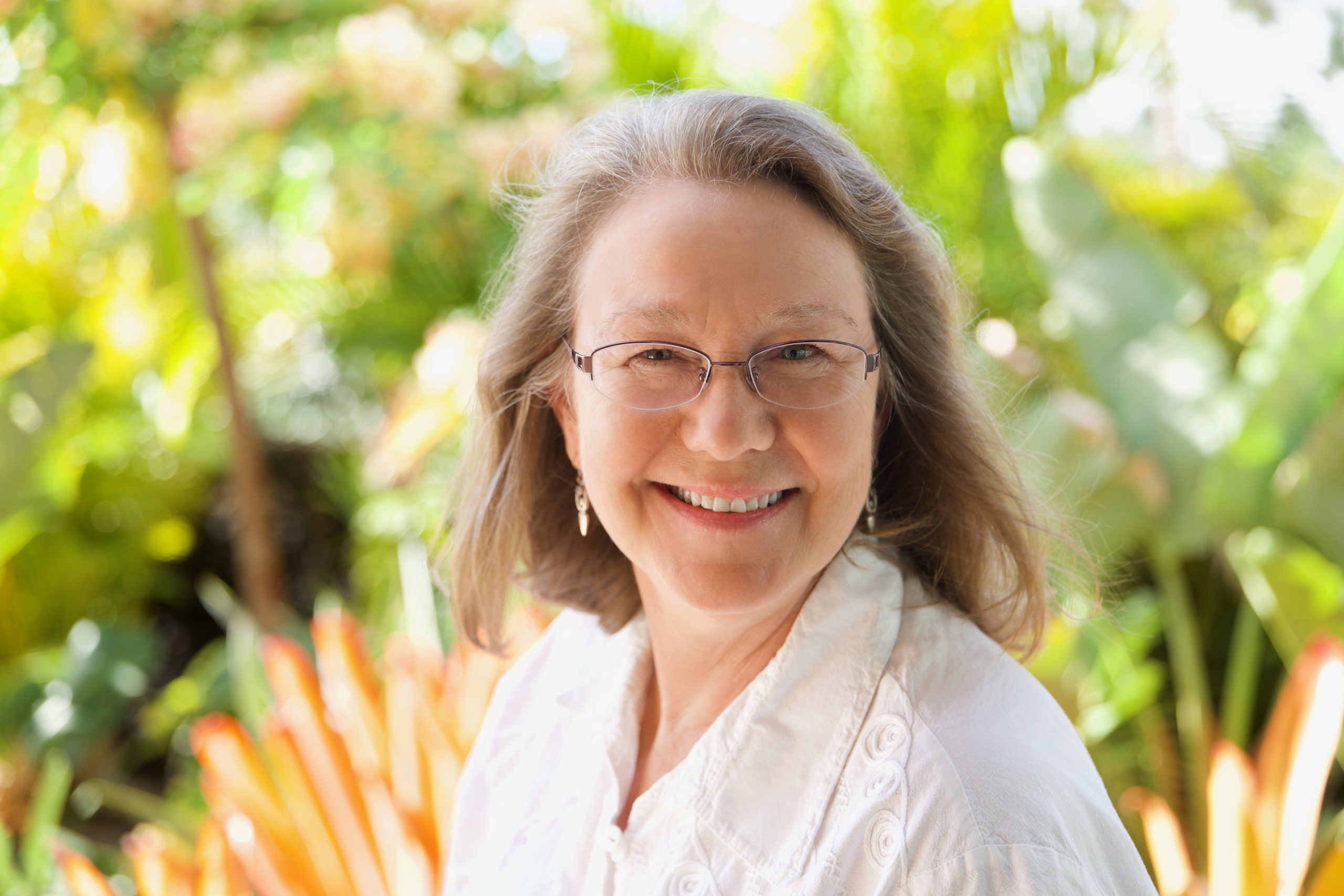
When I was in college, for one of my classes in world history, I was assigned a textbook called “Herstory – the underside of History”. The premise is that human history has been written by the victors, reinforced by denying literacy to women, and that what we are taught in school – tales of geopolitical conquest, tales of religious wars, that these chapters are actually not that important. Not to our evolution as a species. Cultural and scientific breakthroughs, changes in the definition of family, the fall of matriarchies and the rise of patriarchies – these are the truly historical events. Lines drawn on a map, borders and country names changing as soldiers and warriors bled to crest a hill for the right to rename it – what we celebrate – it is all decidedly one-sided, and perhaps progress towards this goal of complete subjugation of the natural world is actually taking the human race backwards. The so-called Renaissance was the Dark Ages for woman’s rights – the Napoleonic Code and the blithe assumption that women are chattel was the opposite of a giant step forward for mankind.
Conflicted left and right brain working at full capacity in a society willing to accept only on per gender. Logic reason, intellect, numbers, analytical thinking – not expected from one who pines to take brush to paper and paint EVERY branch of those stark trees silhouetted by the sunset. Turning a phrase like a lump on the potter’s wheel. Only I don’t know what shape it is going to take. How many half-uttered thoughts died aborning’ because some pitiful pre-programmed inadequacy department determined that no-one wanted to hear them?
So I take much of what has been written with a grain of salt. There was a female Pharaoh name Hatshepsut who ruled one of most peaceful and abundant periods in Egyptian history. Her name was literally erased from history – the hieroglyphics were chiseled out of the stone monuments and tablets, her name was not included in the lists of rulers. I always picture that chisel and the chunks of stone where once there was wisdom whenever I read an account of the period I’ve been researching for the book. Important contributions, I assume, will have been left out if those contributions were made by women.
